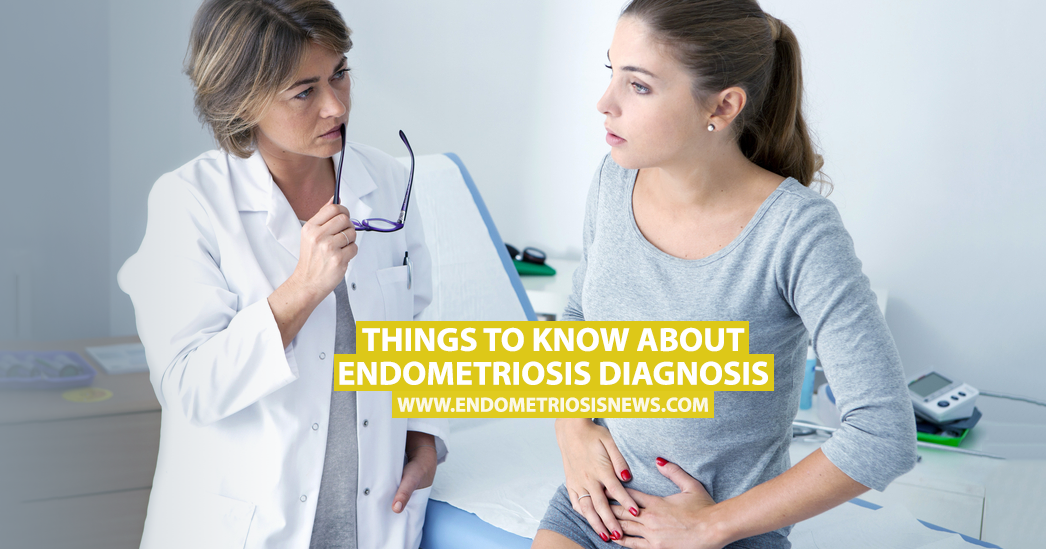Endometriosis is an inflammatory disease that affects the uterus. Endometriosis occurs when tissue similar to the tissue found within the uterus grows outside of it, forming nodules or plaques, resulting in symptoms like pelvic pain, sub-fertility and infertility. Although common, according to Endometriosis New Zealand, there are some important things that you need to know about endometriosis diagnosis.
MORE: What you need to know about endometriosis symptoms
Common symptoms of endometriosis include painful periods, bowel problems (such as bloating, diarrhea, constipation, pain with bowel movements and painful gas), pain with intercourse, pain at other times during a menstrual cycle besides menstruation, abnormal menstrual bleeding, and bladder issues such as cystitis.
If you present some of these symptoms, a doctor may want to test for endometriosis. The first step is to perform a physical examination, along with scans and blood tests. While these will not definitively diagnose endometriosis, they will help your doctor determine the appropriate next steps and treatment.
Endometriosis can only be confirmed after a procedure called a laparoscopy, which is a keyhole surgery that allows doctors to view the pelvic cavity. This procedure is carried out under a general anaesthetic in hospital. The endometriosis is then removed and sent for tests.
MORE: Tips for recovering from a laparoscopy
There is often a delay in identifying endometriosis. A common misconception is that girls or women can be “too young” to develop the disease, when in fact, endometriosis can occur as soon as menstruation starts. Therefore, women should never delay seeking medical advice when they present some of these symptoms. On the other hand, delay in diagnosis can also occur due to misdiagnosing the condition as something else, such as irritable bowel syndrome (IBS) and the prescription of the oral contraceptive pill to target symptoms without discussing endometriosis as a possible cause.
MORE: What you need to know about endometriosis and the birth control pill
Endometriosis News is strictly a news and information website about the disease. It does not provide medical advice, diagnosis or treatment. This content is not intended to be a substitute for professional medical advice, diagnosis, or treatment. Always seek the advice of your physician or another qualified health provider with any questions you may have regarding a medical condition. Never disregard professional medical advice or delay in seeking it because of something you have read on this website.

